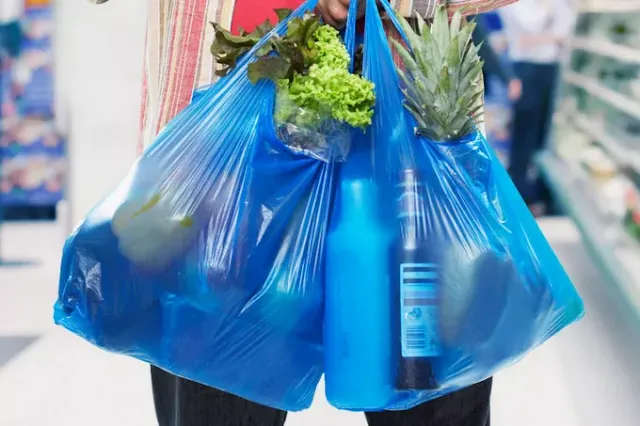Since 2004, the South African government introduced a plastic tax that made South Africans customers pay for their plastic bags to carry products purchased in stores, according to politicalanalysis.co.za from March 2021. The measure responds to certain modern ecological needs. The decision to do so was a move to help us become more aware of the carbon footprint we are leaving behind. The funds raised from the plastic tax are earmarked for projects and initiatives that focus on promoting a greener South Africa.
Ideally, the bags should be reusable. There are many ways to define what a reusable bag is, with some municipal policies suggesting that a reusable bag must be usable at least 75 times and withstand repeated washings; other policies list material types and even bag thickness. Which brings up the subject of Mils. A Mil is a unit of measurement used to measure thickness in thousandths of an inch: 1 Mil=1/1000 inch. A good reference for this is that a thin plastic grocery bag is 0.5 Mils thick, a bread bag is 1.5 Mils thick, and a thick plastic bag like those in shoe stores is 2 Mils thick.
One way in which municipalities help to reduce plastic bag pollution is the implementation of trash cans on roads and places frequented by people, in addition to raising awareness about separating household waste into different bags: organic, plastic, etc.
Everything indicates that for ecological purposes, in addition to paying for bags made entirely of plastic, the future of plastic bags is closely related to biodegradable elements that are mixed with these plastics so that, when discarded, they are quickly transformed into microfragments that merge with the environment in a friendly way.
Good alternatives include replacing plastic bags with bags made entirely from organic materials, such as plant fibers and/or starches. Two highly recommended ways to avoid plastic bag pollution is not to buy these bags when they are single-use and non-biodegradable, the other way is to buy non-plastic bags made to last, such as those made of cactus fibers.
CONCLUTION
We don't have much time to think slowly about the long-term problem that plastic waste poses to the environment, in this case plastic bags. We need to make a strong personal decision based on our commitment to future generations as well as more personal and governmental ambition and innovation.
Sources:
Thank you for your visit!
